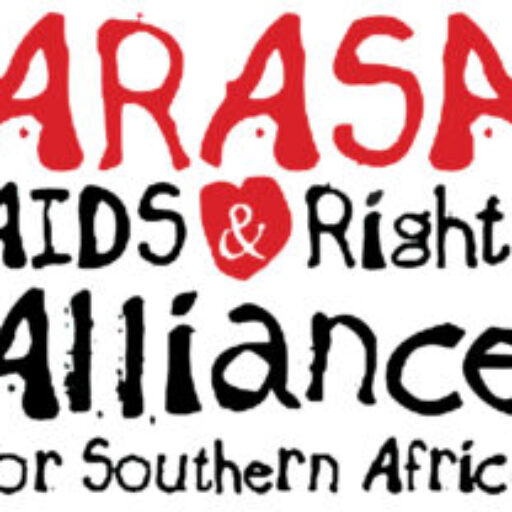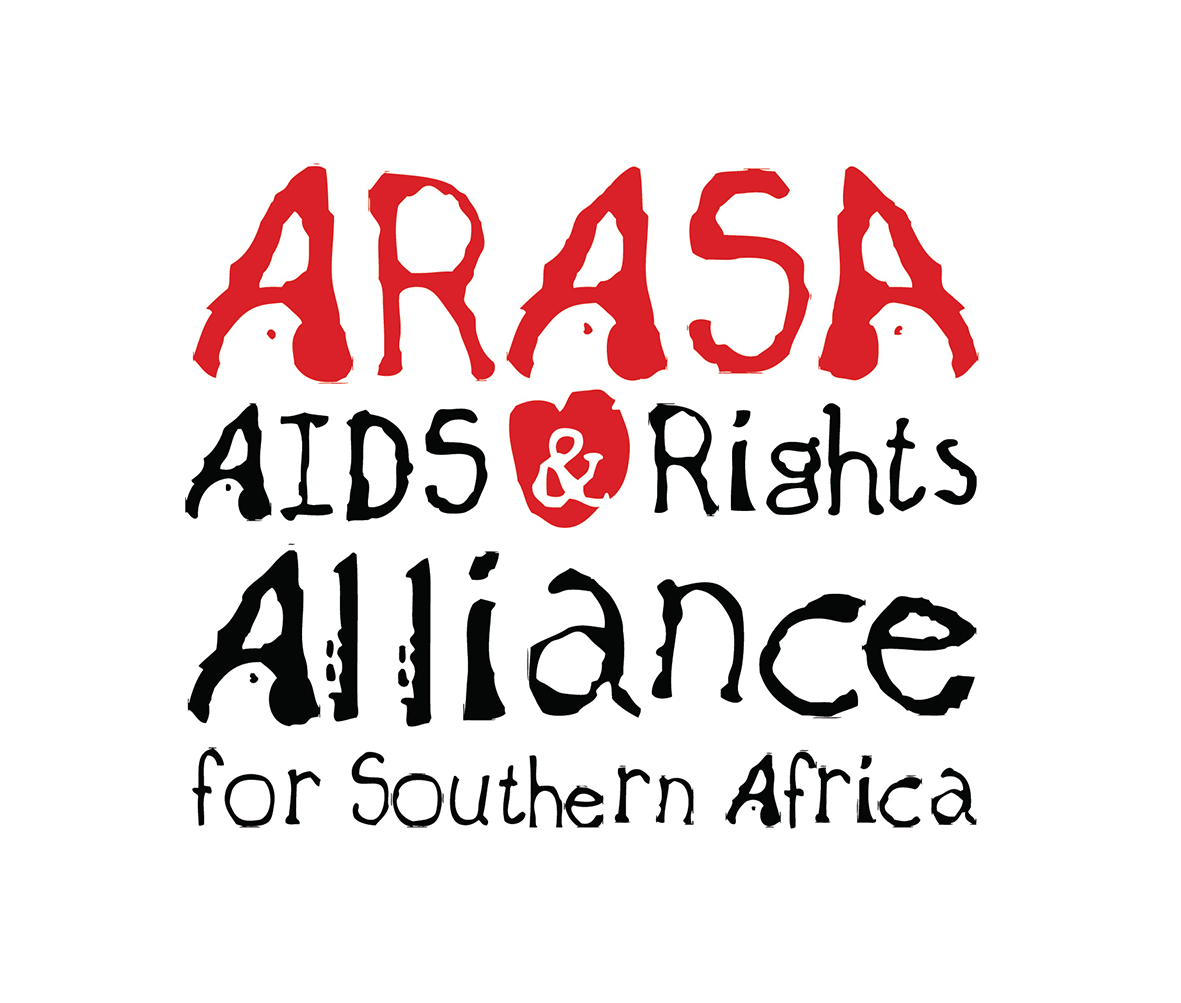Consultancy
End of Programme Evaluation
Location : Ten AIDS and Rights Alliance of Southern Africa (ARASA) BAI Countries
Start Date : 31 January 2023
Reporting to :
1 Introduction
The AIDS and Rights Alliance for Southern Africa (ARASA) is looking to engage the service of a team of consultants to carry out a close-out or end-of-programme assessment/evaluation in ten of its BAI countries. The ideal team will consist of a lead consultant working with 9/10 in-country consultants.
2 Background and Context
Established in 2002, ARASA is a regional partnership of over 100 non-governmental organisations working together to promote a human rights-based response to HIV and TB in 18 countries in Southern and East Africa through capacity strengthening and advocacy.
In 2019, ARASA received support from the Swedish International Development Cooperation (SIDA) for the implementation of a regional programme titled: “My Body is not a Democracy” for the period of 1 August 2019 to 31 July 2022 which was extended until 31 March 2023. The programme had the goal of promoting respect for and the protection of the rights to bodily autonomy and integrity for all to reduce inequality, especially gender inequality and promote health, dignity and well-being in southern and east Africa.
The 3-year “My Body is not a Democracy” programme is based on the premise that the rights to bodily autonomy and integrity are central to sexual and reproductive health and rights (SRHR), which are in turn fundamental to people’s health and survival, to economic development, and the wellbeing of humanity.
The programme is implemented at both national and regional levels through two synergistic
programme pillars of Capacity Strengthening and Advocacy. Programme implementation is
spearheaded at the regional level in southern and east Africa by the ARASA team, which provides targeted financial and technical support to ARASA partners and other civil society partners to strengthen local mobilisation and scale up advocacy efforts initially in 5 focal countries (Botswana, Lesotho, Malawi, Namibia and Uganda). Advocacy and mobilisation activities are also supported in 13 other countries with targeted financial and technical support in 2021 to six CSOs in Kenya, Seychelles, Democratic Republic of Congo, Zimbabwe, Zambia and Mozambique to convene a national bodily autonomy and integrity think tank. In 2022, ARASA maintained the initial four focal countries except for Lesotho with the addition of the six countries that implemented the national think tanks that brought the total focal countries to 10. The total investment in the 10 countries amounts to NAD17,170,000.
3 Programme Goal and Anticipated Outcomes
The programme’s goal is: “Realising the rights to bodily autonomy and integrity and the fulfilment of sexual and reproductive health and rights for LGBTI persons, women, adolescent girls and young women in southern and east Africa, through the elimination of stigma and discrimination based on sexual orientation and gender identity; increased access to available, accessible, acceptable, quality comprehensive SRHR services as part of UHC; increased access to safe abortion for all women in all their diversity; and increased access to available, accessible, acceptable, quality HIV prevention services” as outlined in the Programme Theory of Change.
ARASA programming sort to achieve the goal through the implementation of activities that contribute towards the following 2 outcomes:
Outcome 1: Civil society has increased co-ordination, understanding, capacity, agency and strategic alliances, which contribute to stronger, more inclusive movements for SRHR and use these to mobilise communities for the transformation of social norms and to advocate national key influencers and decision-makers for positive changes to laws, policies and financial allocations for (a) Elimination of stigma and discrimination based on SOGI and the impact of failure to do so on health; (b) access to AAAQ comprehensive SRHR services as part of UHC for LGBTI persons, women, adolescent girls and young women; (c) access to safe abortion for all women in all their diversity; and (d) access to AAAQ HIV prevention services for LGBTI persons, women, adolescent girls and young women.
Outcome 2: Key influencers and decision makers have an increased understanding of the need to realise the rights to bodily autonomy and integrity and fulfil SRHR and of the impact of failure to do so on health and use this to catalyse positive changes to laws, policies and financial allocations for (a) Elimination of stigma and discrimination based on SOGI and the impact of failure to do so on health; (b) access to AAAQ comprehensive SRHR services as part of UHC for LGBTI persons, women, adolescent girls and young women; (c) access to safe abortion for all women in all their diversity; and (d) access to AAAQ HIV prevention services for LGBTI persons, women, adolescent girls and young women.
4 Purpose and Scope of the Evaluation
The main purpose of this evaluation is to assess the results and experiences of BAI Partners in the implementation of the programme. The Evaluation will follow the five criteria of The Organisation for Economic Cooperation and Development’s (OECD) Development Assistance Committee (DAC) for evaluations i.e. results, effectiveness, sustainability, efficiency and relevance. Emphasis will be on the first three criteria.
The evaluation should provide detailed conclusions and formulate specific recommendations. The assessment is intended to explore the strengths and weaknesses of the programme. It should highlight all factors influencing the effective and efficient implementation of the interventions and their contribution towards the realization of the overall programme goal. Based on the assessment, it will conclude the outcomes and overall goal. The evaluation should also identify good practices. It will then formulate recommendations for similar programmes.
4.1 Specific Objectives of the Summative Evaluation
The evaluation will respond to the following specific areas of analysis and synthesis:
4.1.1 Results
The evaluation will assess the impact of the programme on the expectations set out in the Grant Proposals and the overall ARASA programme proposal. In addition, what other impacts (positive and negative, intended and unintended) can be identified in the programme? Reporting on results should be differentiated between the outputs, outcomes and impact that has been achieved.
4.1.2 Effectiveness
How effective has each of the grantees been in the implementation of the interventions? That is:
- Was there a clear understanding of roles and responsibilities by all parties involved, and were all the available technical and financial resources adequate to fulfil the programme plans?
- How effective were the programme Monitoring and Evaluation system and indicators in capturing results and how was it used by the grantees? Was relevant information systematically collected, collated and utilized?
- Finally, to what extent that programme achieved its goal and whether the implementation model was the most appropriate?
4.1.3 Sustainability
The sustainability of programme interventions is a key objective. What programme components appear likely to be sustained after the programme and how? To what extent are national ownership and commitment to the programme in place? To what degree have the capacities of national institutions been built? What needs, if any, were identified for further capacity building and support to promote the likelihood of sustainability?
4.1.4 Efficiency
This will measure how economically the resources/inputs (funds, expertise, time, etc.) converted to results. To what extent were the costs of the ARASA programme justified by actual results, taking into account relevant alternatives? Were the programme results able to build on other initiatives and create synergies with other programmes and partners?
4.1.5 Relevance
This will evaluate the extent to which the objectives of the programme were consistent with the evolving needs and priorities of adolescents and young people, governments, implementation partners, and key stakeholders within the target countries and regional contexts. What is, if any, the degree of adjustment according to local context and was it sufficient?
4.1.6 Lessons learned
What good practices can be learned from the programme that can be applied to similar interventions in the future? How effective was the programme structure for knowledge management and sharing? Based on the outcomes of this programme, what are the key lessons learned that ARASA can take away?
5 Methods and Approach
The evaluation is a multi-country process that will look at conducting assessments with the BAI coalition members in all ten active countries. The lead consultant will work with national consultants in each of these countries.
NB: ARASA will not be covering travel costs for in-country visits.
The evaluation will provide a qualitative and quantitative assessment of the programme using a mixed-method approach. Besides collecting quantitative data along the programme outcomes and outputs, the evaluation is expected to use various qualitative methods to collect the required information, including but not limited to focus group discussions, key informant interviews and, wherever possible, observation. The quantitative methods will be applied largely towards programme-generated data and review of existing reports and M&E tools available.
Evaluation design/methods
The Lead Consultant will among other activities, collate and synthesise information collected by 10 junior consultants from 10 countries as well as:
- Conduct a start-up meeting with ARASA staff, to present the inception report, plan the evaluation and get initial information and get a consensus on the final evaluation plan
- Desk review of relevant documents (project documents, quarterly, semi-annual and annual project reports, reports on project activities, project review reports and any other relevant documents)
- Contextual analysis
- Debriefing workshop to present & discuss draft report findings, conclusions and recommendations.
- Writing and submission of the final report.
- The Lead Consultant working with the in-country teams will also facilitate:
- Individual and/or group interviews with grantees, beneficiaries and partnering and networking stakeholders.
- Key informant interviews & in-depth interviews,
- Focus group discussions with target groups
6 Qualifications
Interested candidates should have at least the following qualifications:
- Master’s Degree in health, social sciences or a relevant field with a focus on SRHR
- Demonstrated experience leading regional research studies (end project/programme assessment) and review processes (particularly related to evaluating policy advocacy-related Theory of Change processes) in sub-Saharan Africa.
- Proven experience in evaluating regional or multi-country advocacy projects/programmes implemented by civil society (including key and marginalized populations).
- A basic understanding of key sexual and reproductive health and rights (SRHR) challenges facing southern and east Africa (particularly regarding the status of HIV prevention, access to safe abortion, sexual orientation and gender identity and SRHR in Universal Health Coverage) will be an added advantage.
- Demonstrated experience and knowledge in various methods and tools for monitoring, evaluation and learning (including Results Based Management).
- Strong analytical skills related to quantitative and qualitative data and ability to filter for outcomes and impact.
- Past published regional research work will be an added advantage
7 Duration of the Assignment
The duration of the assignment is expected to be 10 working days over a period of 1 month from the contract signature date.
8 Deadline for Submission of Expression of Interest
- A researcher who meets the requirements should submit an expression of interest which should include the following:
- a brief description of the proposed methodology and work plan with a timetable
- budget for conducting the assignment
- additional information relevant to the assignment
- A full CV containing a full description of relevant qualifications, professional work experience as well past writing samples as annexures.
- The deadline for the submission of the EoI is close of business on 16 January 2023. All communications related to this consultancy should be addressed to recruitment@arasa.info

